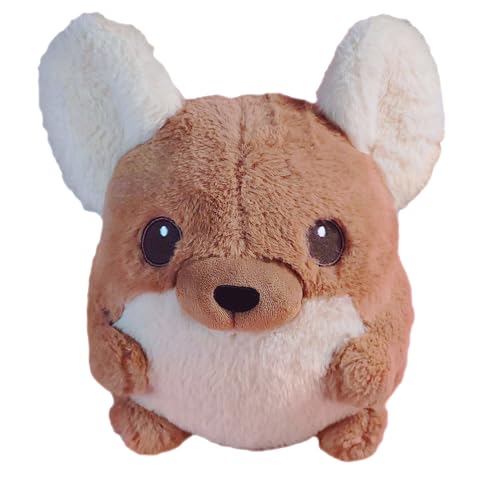danakscully64
Chinchilla Mommy
I just dropped my chinchilla, Shadow, off at the vet for an x-ray and blood work. He has lost a lot of weight recently (he's 14 years old). There have been no changes to his diet/environment and he's been eating and drinking normal. During the examination, they said they heard a heart murmur and a little bit of something in one side of his lungs. They think it may be heart disease, possibly cancer. I won't know anything for a few hours, but I'd like some personal opinions/experience from people who have had chinchillas go through this. If it's heart disease, the vet said it can be treated with oral medication. If it's cancer, there's little he can do.
His back feet also had a tiny bit of oozing. What causes this?
Thank you.
His back feet also had a tiny bit of oozing. What causes this?
Thank you.























































